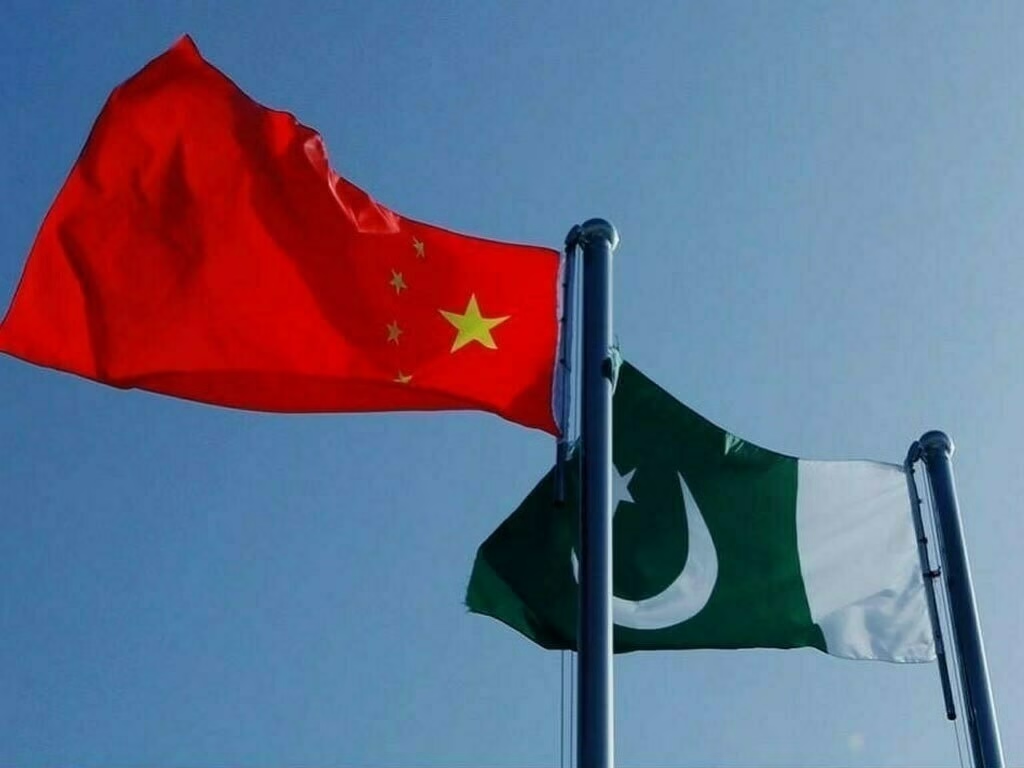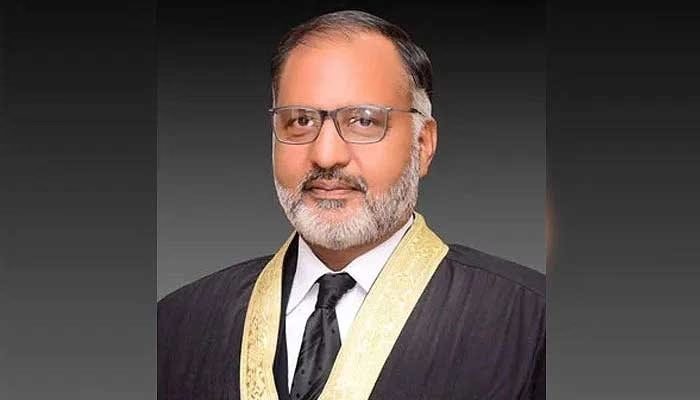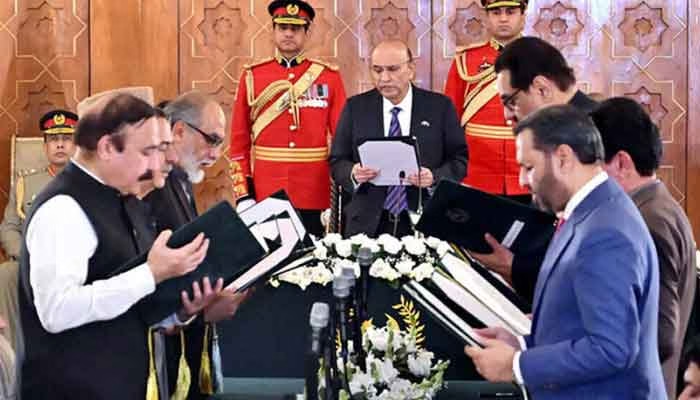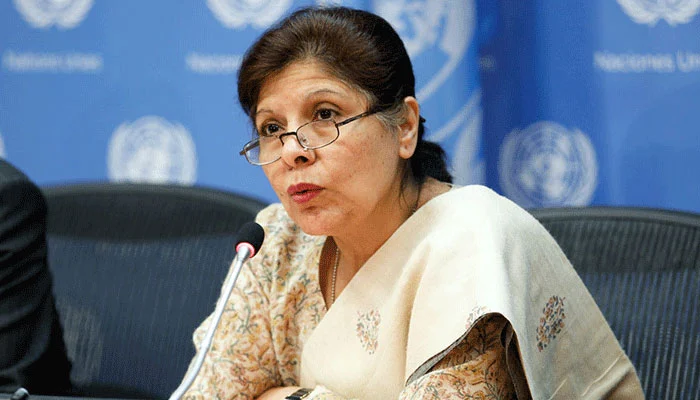In a significant development reflecting the growing military ties between China and Pakistan, Lieutenant General Wang Gang, Chief of Staff of the People’s Liberation Army Air Force (PLAAF), has lauded the Pakistan Air Force (PAF) for its exceptional performance during the recent conflict with India. Describing the PAF’s conduct as a textbook example of precision, discipline, and courage,General Wang acknowledged the operational excellence of Pakistan’s air arm in the face of unprovoked aggression.
The praise came during a high-level meeting held at Air Headquarters in Islamabad, where General Wang led a senior Chinese defence delegation to meet Air Chief Marshal Zaheer Ahmed Baber Sidhu, Chief of the Air Staff, Pakistan Air Force. The visit underscored the deepening strategic alignment between the two long-time allies.
PLA Lauds PAF’s Combat Strategy
During the meeting, General Wang specifically commended the PAF for its battle-tested precision and strategic response in a high-stakes scenario. “Your execution during the recent crisis was nothing short of world-class,” he said, emphasizing that the PAF’s actions serve as a valuable case study in modern aerial warfare. He acknowledged that China’s air force is closely observing Pakistan’s military innovations and tactical frameworks as part of its broader learning curve.
The Chinese delegation expressed particular interest in the PAF’s use of Multi-Domain Operations (MDOs), which involve the coordinated use of air, cyber, and electronic warfare. General Wang highlighted how the PAF has successfully operationalized these strategies in live conflict, offering valuable lessons for future joint military planning and interoperability.
Reinforcing Strategic Partnership
Air Chief Marshal Zaheer Ahmed Baber Sidhu welcomed the delegation and expressed gratitude for China’s steadfast support. He reaffirmed Pakistan’s long-standing commitment to a robust and technologically advanced defence partnership with China.
Pakistan and China are bound by an ironclad friendship that transcends strategic cooperation. Our air forces share a common vision for peace, deterrence, and technological advancement, said the Air Chief. He underscored the importance of maintaining close coordination between the PLAAF and PAF to address regional security challenges and foster mutual trust.
The meeting included a detailed briefing to the Chinese delegation on the PAF’s evolving force structure, modernization efforts, and operational doctrine. The Air Chief elaborated on the PAF’s strategic initiatives, including ongoing upgrades in radar systems, fighter platforms, electronic warfare capabilities, and command-and-control networks.
Shared Vision for Regional Stability
Both parties engaged in in-depth discussions on the security dynamics of South Asia, the Indo-Pacific region, and broader geostrategic challenges. They explored collaborative approaches for maintaining peace and stability, particularly in the wake of rising tensions and military posturing by neighboring states.
The Air Chief emphasized that Pakistan remains a responsible state committed to peaceful coexistence, but retains the capability and resolve to defend its sovereignty at all costs. General Wang echoed similar sentiments and reiterated China’s support for Pakistan’s stance on regional issues.
The leaders also explored future avenues for enhanced bilateral collaboration in joint air exercises, training programs, technology transfer, and research and development. Both sides stressed the importance of institutionalizing high-level exchanges and creating joint working groups for sustained dialogue and cooperation.
Strengthening Defence Innovation
General Wang and his delegation expressed interest in expanding cooperation in defence innovation, particularly in unmanned aerial systems (UAS), artificial intelligence applications in warfare, and next-generation fighter aircraft development. PAF officials briefed the delegation on ongoing R&D projects and expressed openness to joint ventures and co-development opportunities.
Air Chief Sidhu highlighted the strategic benefits of collaborative innovation, especially in reducing dependency on Western systems and building a self-reliant defence posture. He acknowledged China’s role in supporting Pakistan’s indigenous capabilities and proposed further integration of defence industries from both countries.
The visit concluded on a strong note of solidarity and shared commitment to regional peace, technological advancement, and operational excellence. The two air forces pledged to deepen their partnership through continuous engagement, joint training, and knowledge sharing.
This high-level military exchange serves as another milestone in the enduring Pakistan-China friendship, signaling a future of closer defence cooperation amid shifting regional power dynamics. As both nations navigate a complex security environment, their partnership stands as a cornerstone for mutual resilience and strategic balance.



